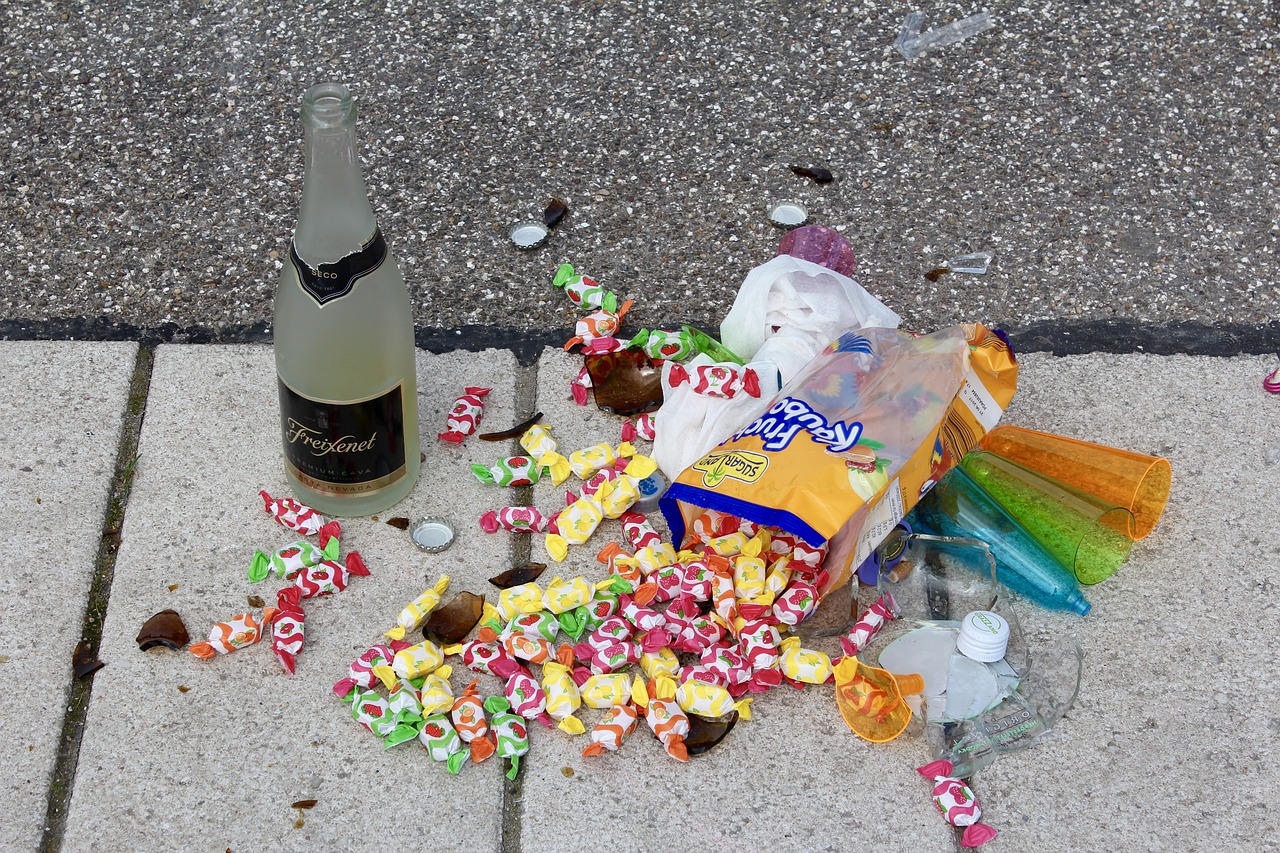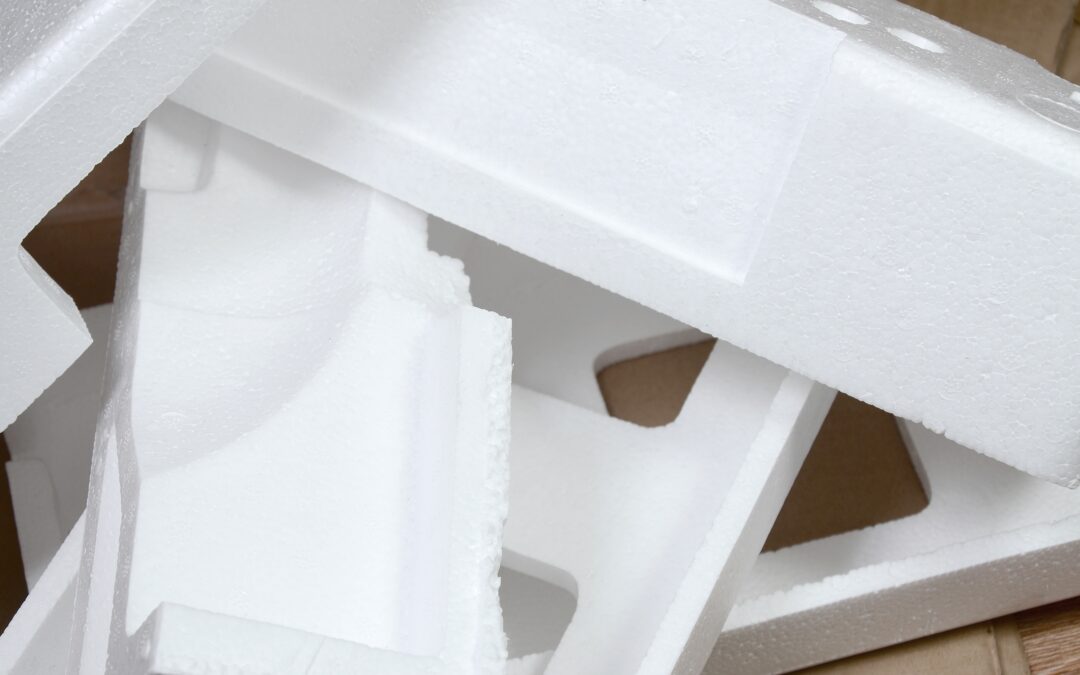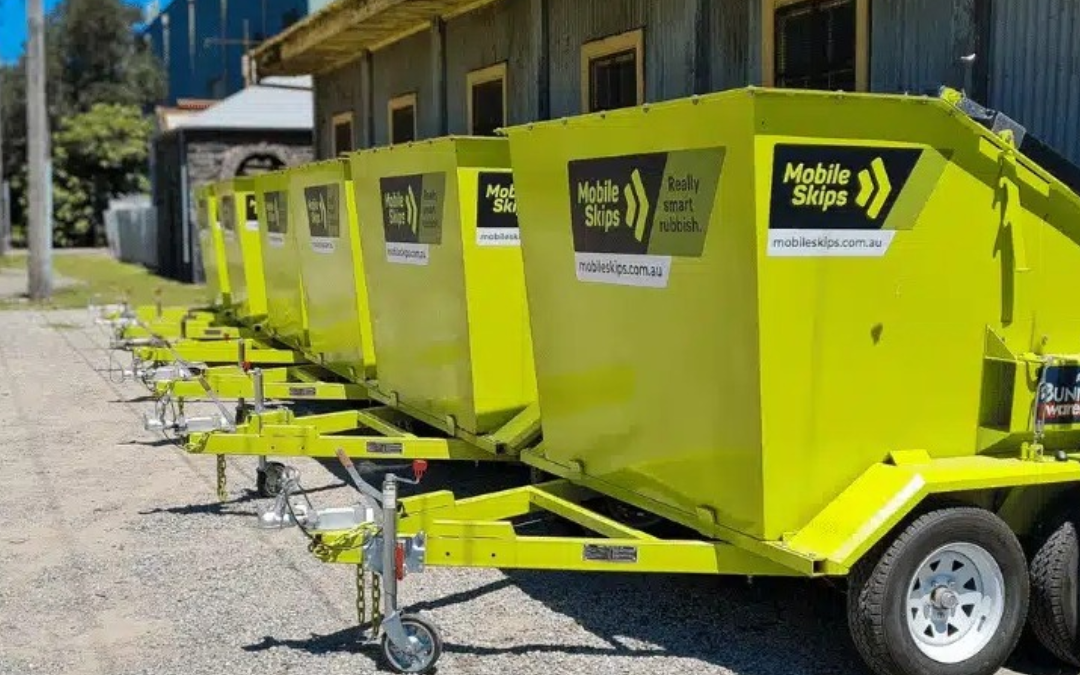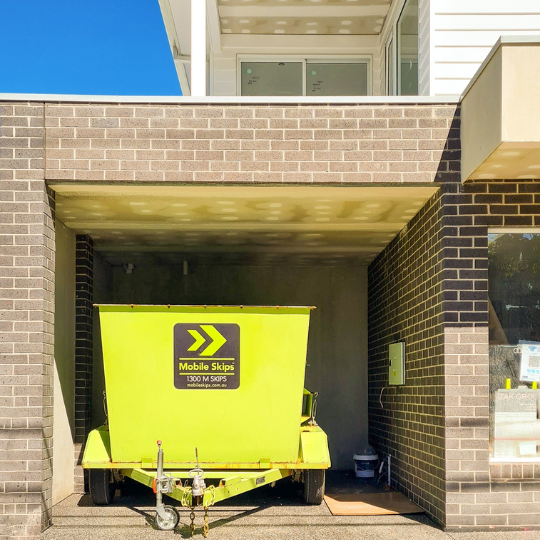Did you know that one festival can generate more than 6 pounds of waste per person? At first glance, this figure may seem shocking, almost unbelievable. After all, it is a much higher figure than the waste produced at your home or workplace.
However, this figure is very real. The total amount of waste produced at the average music festival is estimated as over 23,500 tons!
You may wonder then, where does all the trash go when all is said and done? Well, if you’re the one planning the event, you’ll make that decision! Yes, you can have your fun working out details on venues, promotional activities, decor, and more. However, you must not forget to work out a plan for efficient waste disposal during events while you’re at it!
If you’re unsure where to start, worry not. This article brings you all the pro tips you need on effective waste disposal to up your event management game!
Best Practices for Proper Disposal of Event Waste
When organising an event, make it your priority to come up with an effective waste management plan. For starters, this an excellent way to safeguard the environment.
However, it also has a personal benefit. Prior planning prevents you from feeling overwhelmed when it’s finally time to deal with the waste. Here are a few helpful waste disposal strategies for you to implement!
Label Bins Clearly
Merely strewing your event with waste bins isn’t enough. Equally important is ensuring your attendees know just how to identify them to dispose of their waste properly.
Most events tend to have several kinds of bins around, from recycling bins to trash cans. As such, it is your responsibility to make the bins easy to distinguish. That way, people will know just where their trash is supposed to go.
Here’s where bold labelling comes into play. One of the easiest ways to differentiate trash cans is to colour-code them.
Another good idea is to pin a list of recyclable and non-recyclable materials near or on the respective bins. Such signs will help those relatively unfamiliar with recycling practice proper disposal of waste at your event and in the future!
What’s more, these labels will make disposal of the waste post the event that much easier!
Make Trash Cans Easy to Find
Perhaps even more important than making bins easily identifiable is making them easy to locate. After all, most event-goers will not be in the mood to search for trash cans. If they don’t find one, they’re more likely to dump their waste on the ground!
That’s a huge no-no if you’re looking to organise a sustainable event. As such, the golden rule to effective waste management at any event is appropriate garbage can placement. Ensure waste bins are evenly spaced at frequent locations throughout the venue. One within every 50 feet is a good rule of thumb.
Also, try to position trash cans where their requirement is greater. Food vendors, restrooms, and exits fall in this category.
Remember, it is important to place all types of bins at the same spot. Unfortunately, people tend to be lazy. So even if a bin is for recyclable waste, they will throw non-recyclable trash into it if they don’t see another bin around.
The easier you make disposal for attendees, the easier waste pickup becomes for staff in the future. Not to mention, this will ensure your event looks seamless throughout its duration!
Consider drawing a map of where you intend to place your waste bins. That way, you will be gauge just how many you’ll be needing for the event. While you’re at it, find out whether the venue themselves will provide any, and if so, ask for a figure.
Rely on a Garbage Bin Monitor
If you’re planning a large event or one that will last several days, consider investing in a waste bin monitor. These monitors can detect the content going into a bin at any point in time.
As such, these monitors are capable of identifying when a trash can is almost full. What’s more, they can even sense when wrong materials have been dumped into the bin! Others even record when trash cans are emptied. This, in turn, makes it easier for you to check that your employees are actually doing their jobs.
Other benefits that come with bin monitors are the elimination of overflow and easy material sorting. All in all, this is one investment that will make your life a whole lot easier immediately!
Simplify Waste Collection
While you’re focused on rubbish disposal during the event, don’t forget about what’s to come after. Yes, most important of all is the method of disposal of the event waste.
So first thing’s first, try to make it as easy as possible for the person responsible to collect the waste. The easiest way to do this is to fix a waste collection point. This point serves as the spot for emptying the trash cans.
As such, this collection point would be a good place to set up your main dumpsters.
After that, try to help out the trash can collector by identifying the simplest route they can use. Ideally, this route should pass by every bin around the venue before reaching the dumpster.
A bit of planning here will go a long way. For one, you will avoid forgetting bins. What’s more, you’ll also end up saving a ton of time throughout the process!
Set Up an Organic Waste Bin for Food Vendors
Organic bins are non-negotiable if you want your event to be environment-friendly. These waste cans are exclusively for the collection of biodegradable and compostable materials.
Naturally then, setting them up for food vendors, assuming you have some at your event, is a smart move. You could even choose to include them in your set of waste and recycling bins for larger events.
Avoid Incorporating Single-Use Plastic
Plastic is one of the leading culprits behind the large amounts of waste generated at events. So make it your event management rule to do away with things you don’t need. For those you do need, do your best to ensure they’re as green as can be!
Also, don’t forget about materials that can be reused or recycled! Items like lanyards, display stands, badges, and so on are easily reusable, provided you avoid making them event-specific. If that’s not possible, compromise by making some sections interchangeable!
Certain items like merchandise, water, or snacks tend to come individually wrapped and are unavoidable. In these cases, the least you can do is recycle the wrapping yourself to ensure proper waste management.
Now, let’s talk about plastic water bottles—the most common forms of waste at events. Well, there a couple of things you could do to avoid using them. For one, you could install water dispensers or fountains with glasses around the venue.
Or, you could encourage attendees to bring their own reusable bottles or provide some for sale yourself. Either way, eliminating plastic is one of the easiest ways to reduce the waste generated. This, in turn, makes managing waste that much simpler!
Utilise Sustainable and Well-Sourced Resources
Likely you want your event to represent who you are and what you do. However, to do that, you don’t need to compromise on sustainable, well-sourced, or reusable resources!
Consider opting for eco-friendly choices like recycled paper, chlorine-free paper, and so on for your printing needs. From hard copy literature to banners and posters, these materials are ideal to print whatever you need!
Also, you can up the designs of your stands to make them reusable instead of single-use. What’s more, using the right processes to build your stands can significantly reduce the generation of harmful fumes or toxins.
Another good idea is to rent or borrow any equipment required. Whether you choose to hire the equipment from a third party or the venue itself, renting and borrowing can significantly reduce waste.
It also eliminates transportation emissions from carrying the items to and from events. Naturally then, it will save you a fortune on costs as well!
Cut Down on Paper Usage
Let’s be honest—this one is easier said than done. After all, certain marketing materials like leaflets, brochures, and so on are ones you can’t do without. That said, a few sneaky tricks could help you cut down on the amount of waste paper tends to generate.
For instance, you could opt to hand out attendee packs upon arrival instead of days in advance to eliminate duplication. Also, consider formatting pages to be double-sided to reduce the total amount you need!
Keep handouts handy, but provide them only when necessary. Last but not least, try to set up a laptop and printer to provide materials as and when needed! That way, you can avoid stacking up on tons of paper that may eventually go to waste.
Wrap Up
Waste management, especially at larger events, can seem a little challenging. However, a few simple tweaks to your overall plan should more than suffice to dispose of the trash effectively.
Apart from the points mentioned in this article, another important strategy to implement is to hire the right dumpster service. A reliable service can go a long way in making an event coordinator’s job quicker and more efficient. After all, they provide not only the right kind of dumpster as per your needs but however many you require!
With these tips in mind, you will be on your way to planning events that will create an impression for years to come!
Summary
While many recognise events for the fun and festivities they bring, only a few realise the environmental detriment they cause. Yes, on average, a single music festival is capable of generating nearly 23,500 tons of waste. A figure that is alarming, to say the least.
Aware as we are of our planet’s dire condition, it is up to us to do what we can to save it. Event planners, in particular, are in a position where calling the right shots can make all the difference. A simple tweak like printing your flyers on recycled paper has a more significant impact than you might realise.
However, the benefits of effective waste management during events don’t end with the environment. They also have a positive influence on businesses in terms of costs and their bottom line.
Simultaneously, sustainable event waste management sends forth a positive message about a business and its practices. After all, a business that practices efficient rubbish disposal saves from the $45-105 spent per ton on sending waste to landfills.






